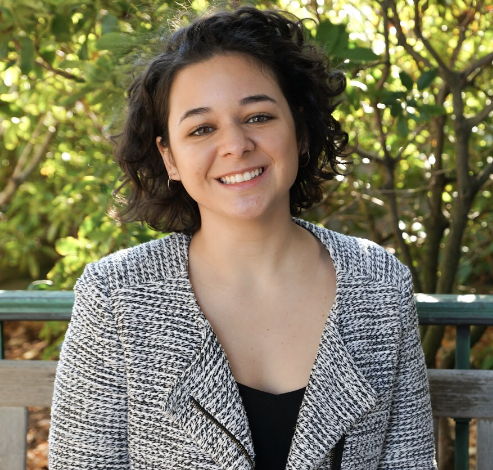Press Release
50 State Report: Maryland Earns C for Redistricting from Common Cause
Today, Common Cause, the leading anti-gerrymandering group, published a report [LINK] grading the redistricting process in all 50 states from the view of the community. The comprehensive report evaluates public access, outreach, and education in each state based on an analysis of more than 120 detailed surveys and more than 60 interviews.
Maryland earned a disappointing C. The report applauds Governor Larry Hogan’s statewide redistricting tour, where he and his advisory commission hosted public conversations about the map. Hogan also provided the public with most files needed to analyze the maps, and finalized the maps with time to allow election officials to determine precincts for that election cycle. But the state legislature still drew lines largely behind closed doors, without disclosing who they worked with or providing justification for the changes it made.
Moreover, the report found that Maryland’s redistricting process resulted in partisan gerrymandering, in favor of the Democratically controlled state legislature. When the state legislature voted on the maps, they moved quickly to push them through, with little opportunity for the public to engage in the legislative process.
“After a close look at all 50 states, this report shows more community voices produce better maps,” said Dan Vicuña, Common Cause national redistricting director. “When everyone can meaningfully participate and have their input reflected in the final maps, that’s how we achieve fair elections voters can trust. We found voting districts that prioritize community interests are the gateway to elections that lead to strong schools, a fair economy, and affordable healthcare.”
Common Cause graded each state for its state level redistricting. Some states received a second grade for their local redistricting process in cases where advocates provided data. Each interview and survey asked participants about the accessibility of the process, the role of community groups, the organizing landscape, and the use of communities of interest criteria.
“A Senator quoting our testimony in the midst of their floor debate summed up our sentiments on the redistricting process well: ‘People are disengaged because they know their feedback will receive very little consideration… Common Cause Maryland is taking no position because the outcome is preordained,’” said Joanne Antoine, executive director of Common Cause Maryland. “We look forward to educating the public, and working in coalition to tame the gerrymander before our next redistricting cycle.”
Common Cause found the most powerful reform is independent, citizen-led commissions where voters—rather than elected officials—administer the process and hold the power of the pen to draw maps. Independent commissioners were found to be more interested in fair representation and community input— rather than electability or party control.
The report was authored by Common Cause, Fair Count, State Voices, and the National Congress of American Indians (NCAI).
The report was published in collaboration with the Coalition Hub for Advancing Redistricting and Grassroots Engagement (CHARGE), which includes Common Cause, Fair Count, League of Women Voters, Mia Familia Vota, NAACP, NCAI, State Voices, APIAVote, and the Center for Popular Democracy.
To view the report online, click here. [http://chargereportcard.org/]
